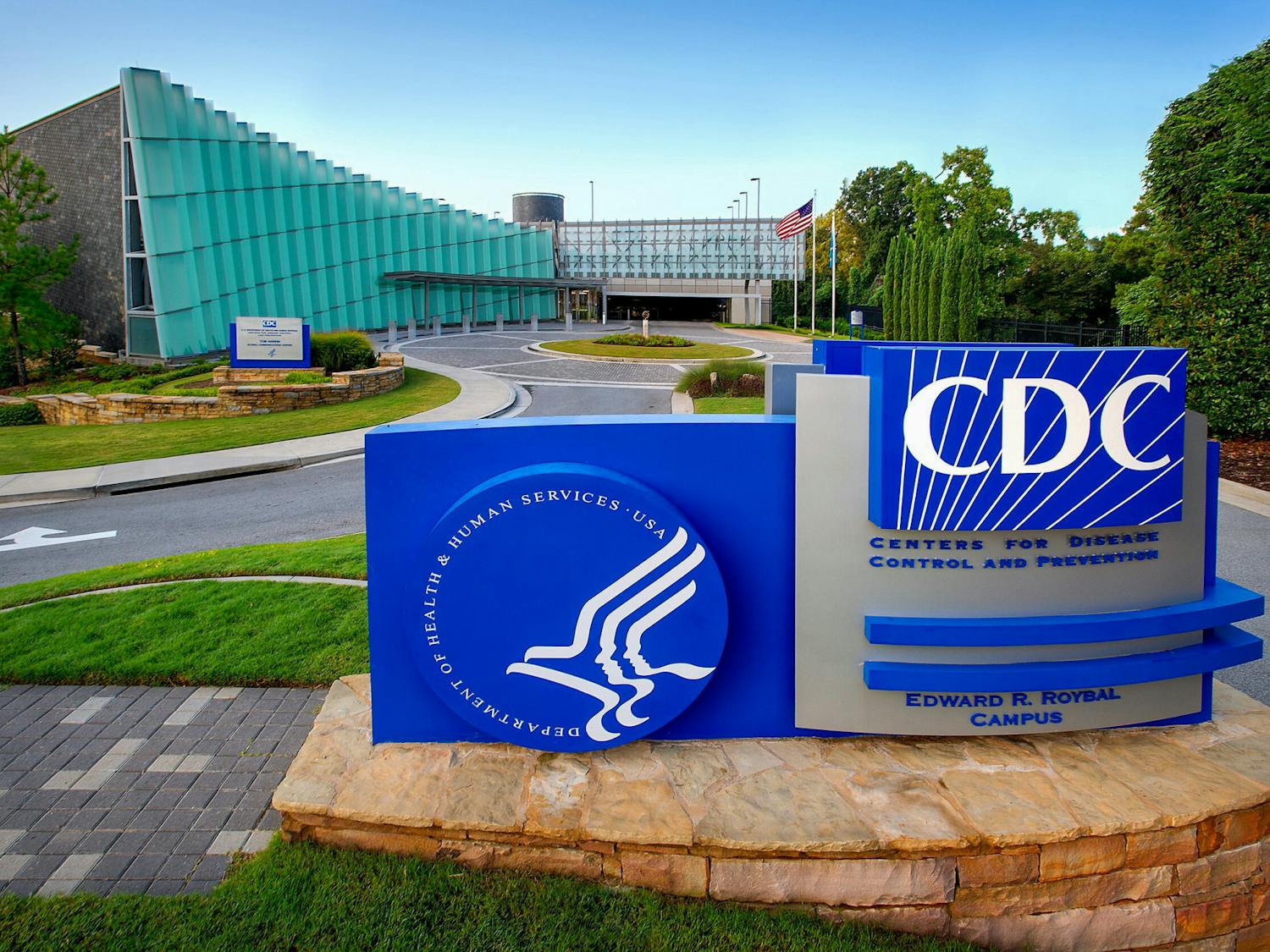A report revealing that the New York Police Department secretly monitored Muslim students at Northeast colleges has raised questions of constitutionality and civil liberties.
The Associated Press reported Saturday that the NYPD regularly checked Muslim Student Association websites, blogs and forums at schools such as Penn, the University at Buffalo and Yale, Columbia and New York universities.
According to a confidential November 2006 NYPD report released by the AP, no “significant information” was found on Penn’s MSA.
However, the report listed detailed information on people and events hosted by the Muslim Student Associations at universities such as University of Buffalo, New York University and Rutgers University.
Penn’s MSA became aware of the surveillance about a week ago.
The MSA released a statement saying, “We are disturbed and disappointed that the NYPD has viewed us as a potential threat on the basis of religious affiliation. We seek to establish a fun, inclusive and engaging environment to create opportunities for the social, spiritual and professional growth of those on campus interested in Islam.”
Penn administrators also heard of the monitoring last week, according to Vice President for University Communications Stephen MacCarthy.
“When we first heard about it, we contacted NYPD and were told that no Penn students were being monitored,” he wrote in an email.
“We hope and trust the University will continue to protect all members of the Penn community from undue harassment and profiling,” the MSA statement read.
NYPD spokesperson Paul Browne told the AP the monitoring only occurred in 2006 and 2007, but cases of undercover monitoring were documented from as recent as 2009.
In another report, an officer went undercover on a whitewater rafting trip with 18 Muslim students from City College of New York in 2008, according to the AP. The officer noted that the students “prayed at least four times a day, and much of the conversation was spent discussing Islam and was religious in nature,” the report said.
City College was unaware that the students were being watched.
Danish Munir, a 2009 Wharton and Engineering graduate, was a member of Penn MSA at the time the 2006 report was made.
“If the police feels there is something wrong going on, it is their job to investigate,” he said. “Is religious belief enough grounds to investigate people though? I don’t think so.”
“People can dig all they want, but there’s nothing to find here,” he added.
Samir Malik, a 2008 Wharton and College graduate and former MSA president, said the NYPD should have contacted the group if they wished to obtain any information.
“The NYPD is just trying to protect society … and they could reach out and work with us to get to the bottom of what they were looking for.”
The NYPD did not respond to requests for an interview.
“If all [the NYPD] wants to do is look at people or watch them, there’s probably not a constitutional claim for violating [the] Equal Protection [Clause] even if they used racial or religious criteria,” Penn Law professor Kermit Roosevelt said. Had the police stopped or questioned the Muslim students as a part of the surveillance, there could be a case for infringement of liberties, he added.
According to Political Science professor Rogers Smith, police are able to compile data from public information venues such as student group websites.
“[The police] are not entitled to regularly attend even public meetings or to participate undercover unless they have ‘reasonable suspicion’ that some persons at those meetings and events are involved in criminal activities,” he wrote in an email.
He added that if police had no other reason to monitor groups besides the fact that they were Muslim, then it constitutes as racial and ethnic profiling.
“If, however, they have evidence that some Muslim Student Associations have been venues for organizing illegal activities, then monitoring is permissible.”
For Wharton freshman Aly Kassim-Lakha, this incident was an opportunity to raise awareness of Islam and its perception.
“For me, it shows that people don’t necessarily understand Islam itself, and the responsibility goes both ways,” said Kassim-Lakha, who is unaffiliated with MSA.
“This isn’t something we can never fix as a society. It just takes an effort on both sides to help solve it.”








